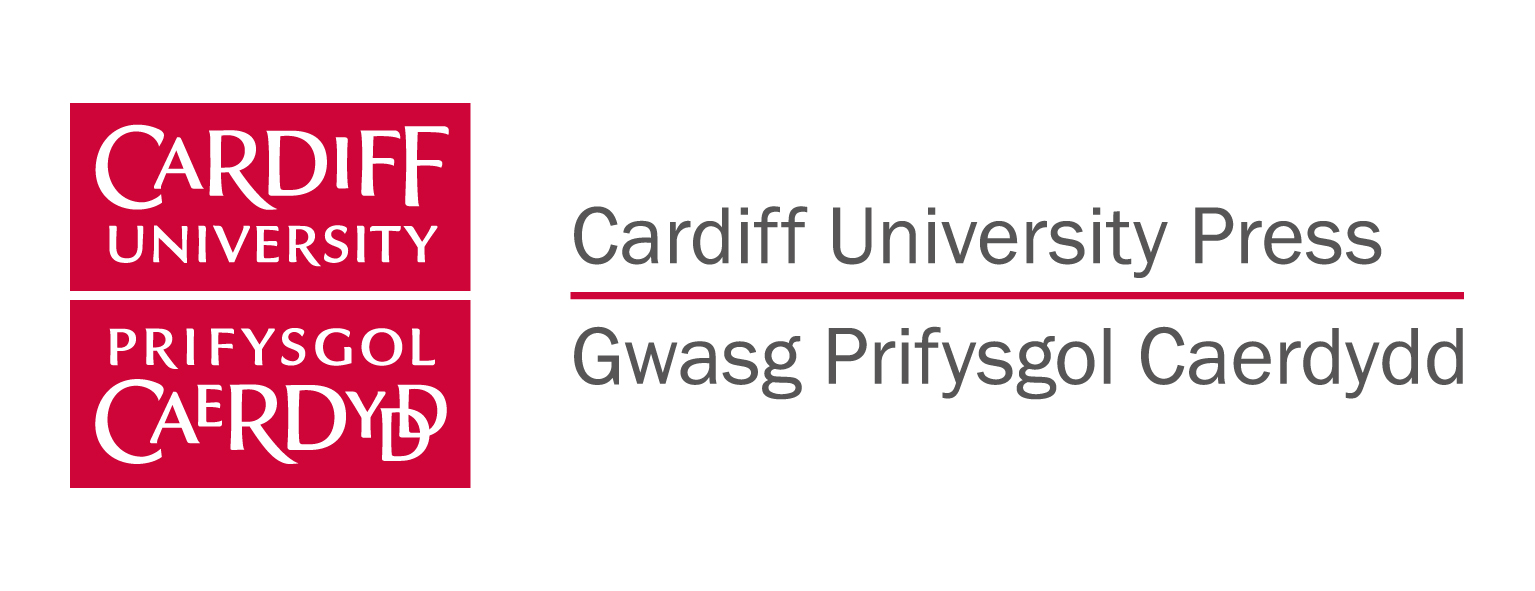by Elias Greig
 I’m Elias Greig, a PhD student at the University of Sydney, and the Postgraduate Representative for the Romantic Studies Association of Australasia. I’m also, for better or worse, a Wordsworthian. In deference to my generous Welsh hosts, I’ll begin with Dylan Thomas’s appraisal of one William Wordsworth:
I’m Elias Greig, a PhD student at the University of Sydney, and the Postgraduate Representative for the Romantic Studies Association of Australasia. I’m also, for better or worse, a Wordsworthian. In deference to my generous Welsh hosts, I’ll begin with Dylan Thomas’s appraisal of one William Wordsworth:
old Father William was a human nannygoat with a pantheistic obsession […] open him at any page: and there lies the English language […] in a large, sultry, and unhygienic box. Degutted and desouled[.]
This opinion, echoed by any number of undergraduates and some major scholars, is all the more unfriendly for being at least partly true. Wordsworth, as my Romantic colleagues often remind me, is famous for all the wrong reasons: a watchword for conservatism, fustiness, and, worst of all, apostasy. Not for me the flamboyant self-exile of the Byronist, the shrill idealism of the Shelleyan, the Shakespearean chic of the Keatsian, or the respectable ironies and pioneering feminism of the Austen scholar. Instead I must plod along with old Bill the nannygoat, having feelings near rivers, rubbishing younger poets; descending, every now and then, from the crags to oppose parliamentary reform and ask that we all pay a little more attention to throstles. Or so it seems.
Luckily, there’s another version of Wordsworth rather more exciting than the ‘Father William’ we inherited from the Victorians, that conservative geezer Wordsworth tried so hard to be in later life. The Wordsworth of the tumultuous 1790s (young Bill, if you will) was a republican in poetry and politics, found and lost a French mistress, almost published a pamphlet that would have landed him in jail, and drew enough government attention that he was followed, along with Coleridge, by a government spy. Over the past fifty years an enormous amount of scholarly heavy-lifting has, at least in part, re-gutted and re-souled Wordsworth, restoring his status as the radically experimental and profoundly political artist who, along with his friend Samuel Taylor Coleridge, produced one of the most innovative and original works of English literature, the collection of poetry called the Lyrical Ballads, and penned perhaps the most ambitious artistic manifesto on the proper relationship between literature and politics, the Preface to the Lyrical Ballads.
But how, to paraphrase David Byrne, did he get here? To answer this question, I’m attempting to chart the development of Wordsworth’s early poetry, from its beginnings in the two published works of 1793, An Evening Walk and Descriptive Sketches, across Salisbury Plain (the poem and place), through the first complete version of The Borderers in 1797 and The Ruined Cottage, to end up on the threshold of the Lyrical Ballads. In charting this development, the intention is not to reinscribe the traditional view of Wordsworth outgrowing a set of lightly held and immature political beliefs to assert his genius as a poet of eternal, rather than contingent, truth. Instead, I argue that Wordsworth’s movement from conventional eighteenth-century poetry to the linguistically plain and conceptually demanding poetry of works like The Ruined Cottage is provoked by an initial clash between conventional poetry and revolutionary politics.
 This means looking into the pamphlet wars that raged from Burke’s Reflections until the mid-1790s, covering the Treason Trials of 1794, and unearthing Wordsworth’s connections to figures as diverse (and sometimes disreputable) as George Dyer, Helen Maria Williams, William Frend, and William Godwin (about which more soon). It means reading an enormous amount of deliciously overwrought eighteenth-century verse (about which I’ll be sniggering in future). But most of all it means investigating the complex relationship between political and poetic representation at a time when Parliament barely acknowledged or bothered with its representative function and only a miniscule portion of the country could cast a vote. Representations of the poor and dispossessed in poetry, under an unreformed British parliament with the French Revolution raging just over the Channel, acquired an extraordinary political charge. Wordsworth worked hard, I think, to harness this energy – and for distinctly radical purposes.
This means looking into the pamphlet wars that raged from Burke’s Reflections until the mid-1790s, covering the Treason Trials of 1794, and unearthing Wordsworth’s connections to figures as diverse (and sometimes disreputable) as George Dyer, Helen Maria Williams, William Frend, and William Godwin (about which more soon). It means reading an enormous amount of deliciously overwrought eighteenth-century verse (about which I’ll be sniggering in future). But most of all it means investigating the complex relationship between political and poetic representation at a time when Parliament barely acknowledged or bothered with its representative function and only a miniscule portion of the country could cast a vote. Representations of the poor and dispossessed in poetry, under an unreformed British parliament with the French Revolution raging just over the Channel, acquired an extraordinary political charge. Wordsworth worked hard, I think, to harness this energy – and for distinctly radical purposes.
So, as much as possible, I’m trying to begin at the beginning, and chart Wordsworth’s long walk out of poetic tradition. The destination of such a walk is, for the purposes of the argument, the Preface to the Lyrical Ballads, as this marks Wordsworth’s first fully realised expression of his radical aesthetic, and the moment when he would answer those three fundamental questions: “What is a Poet? To whom does he address himself? And what language is to be expected from him?” From the eminence of the Preface, I hope to look back along the distance already travelled and ask the opposite:
What was the poet?
To whom did he address himself?
And why did he feel the need to change?

